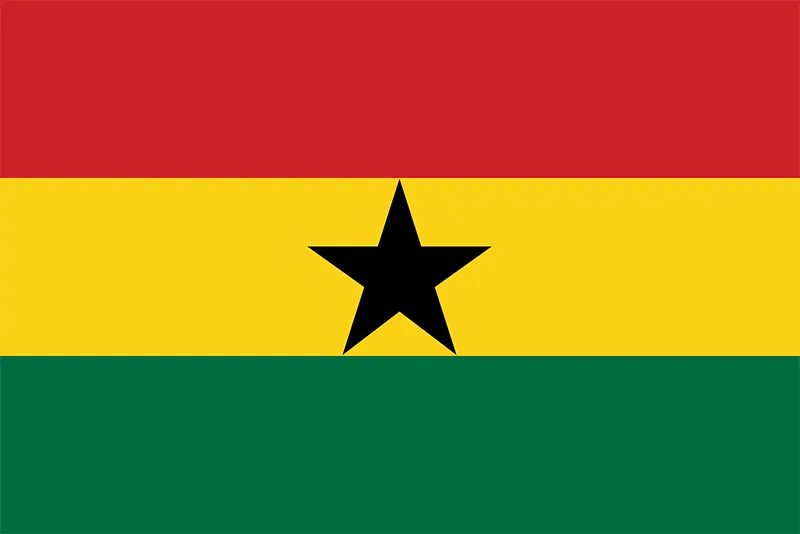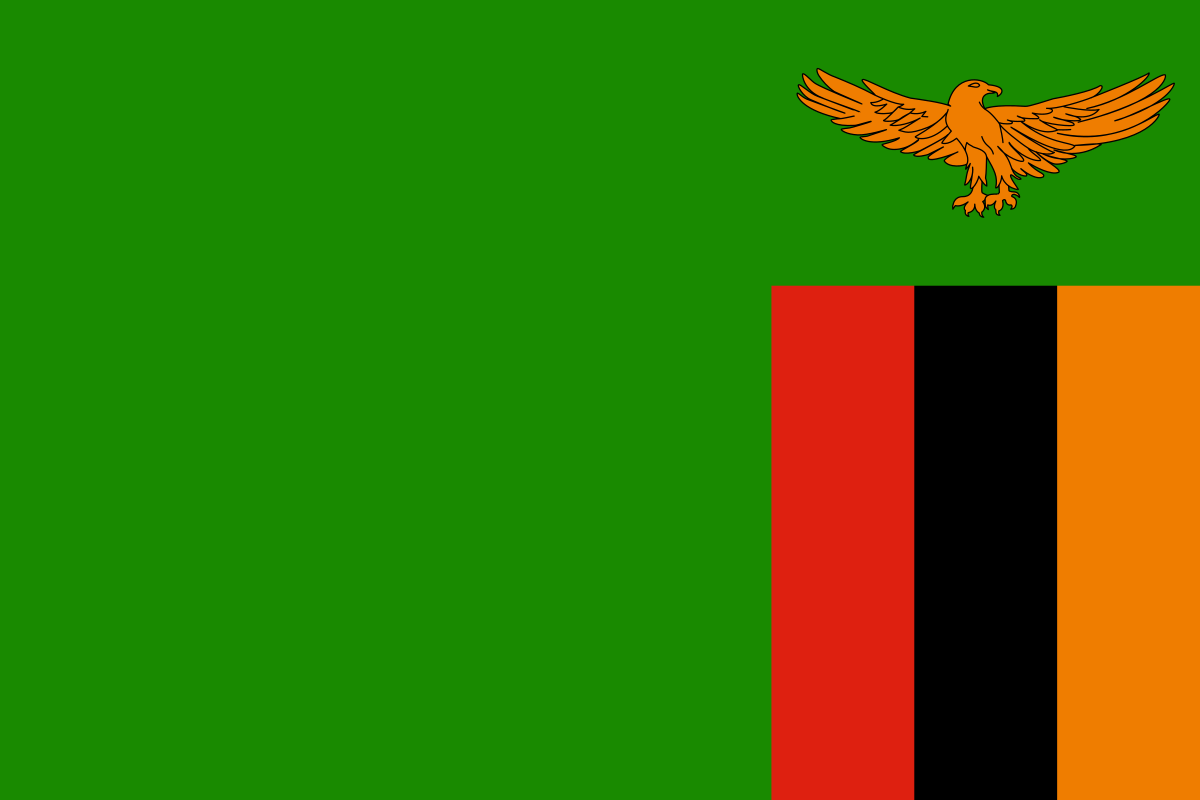
Afro-feminist Principles in Data Governance: A Non-Negotiable Necessity
The Afro Feminist Data Governance Project acknowledges over time, there has been a general understanding among states and the AU Mechanism on gender data through efforts of fostering gender streamlining in policies and legislation.The AU’s approach to the advancement of women’s rights and gender equality has been informed by UN frameworks and instruments. This commitment to
the achievement of gender equality can be traced to the 1948 UN Charter and the Universal Declaration on Human Rights which states that rights and freedoms will not be limited by a person’s gender and establishes that ‘all human beings are born free and equal in dignity and rights including data privacy, access, protection and inclusion [1]. We believe gender data the cornerstone to involve women and other often marginalised groups such as children, the elderly, and people with disabilities in the socio-economic growth of countries on the African continent and front African women’s experiences while centering their efforts.
According to researchers Catherine D’Ignazio and Lauren Klein[2], data feminism refers to a way of thinking about data, both its uses and its limits, that is informed by direct experience, by a commitment to action and by intersectional feminist thought. Data feminism is anchored in seven principles on challenging power and privilege using data science.
An Afro feminist data futures research by Pollicy and My Data Rights further reiterates that Afro-feminism is an important lens to use when talking about digital colonisation and unjust data practices, specifically on the African continent. Specifically, we adopt Sylvia Tamale’s definition that Afro-feminism is a branch of feminism that distinctly seeks to create its own theories and discourses linked to the diversity of African experiences.[3] It works to reclaim the rich histories of African women in challenging all forms of domination.[4] African feminists’ understanding of feminism places systems embedded in exploitative and oppressive structures such as patriarchy, colonialism, and imperialism at the centre of their analysis.[5]
[1] AU Strategy for Gender Equality & Women’s Empowerment https://au.int/sites/default/files/documents/36897-doc-52569_au_report_eng_web.pdf
[2] D’ignazio, Catherine, and Lauren F. Klein. Data feminism. MIT press, 2023.
[3] The Afro Feminist Power Dynamics of Data Governance for African Women. https://www.ictworks.org/data-governance-african-women/






